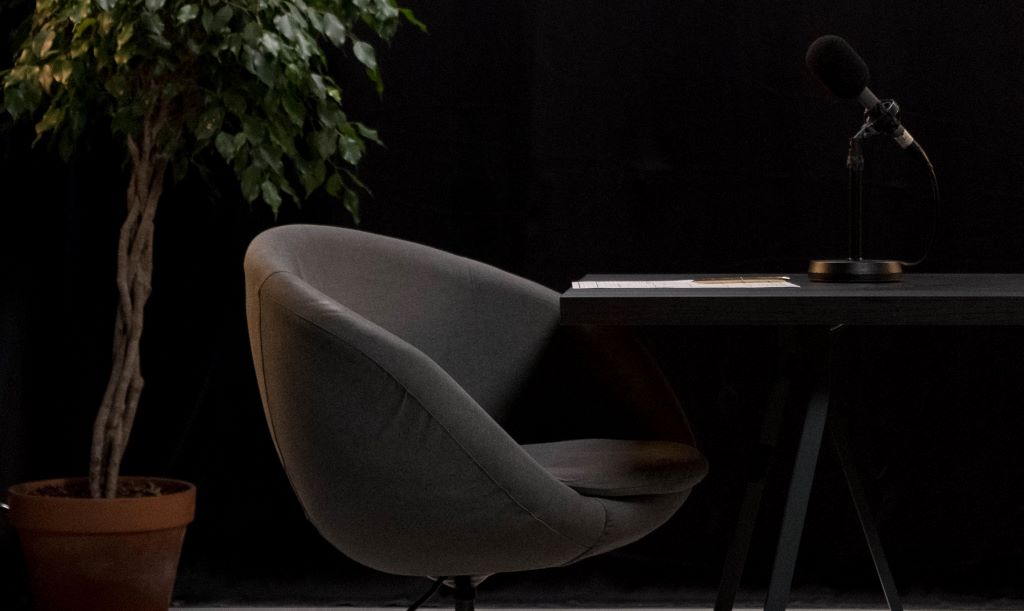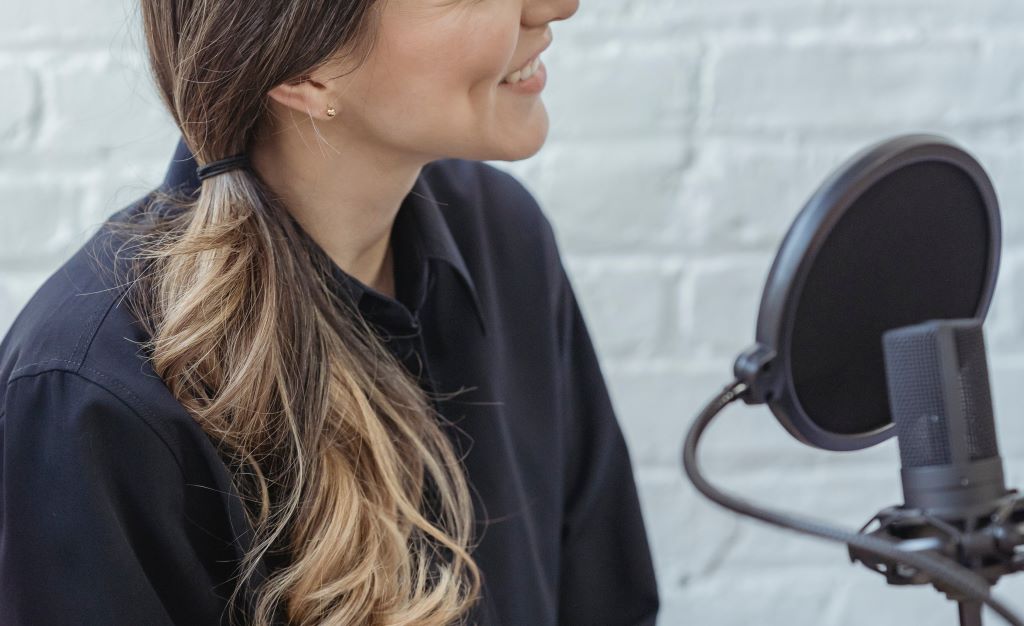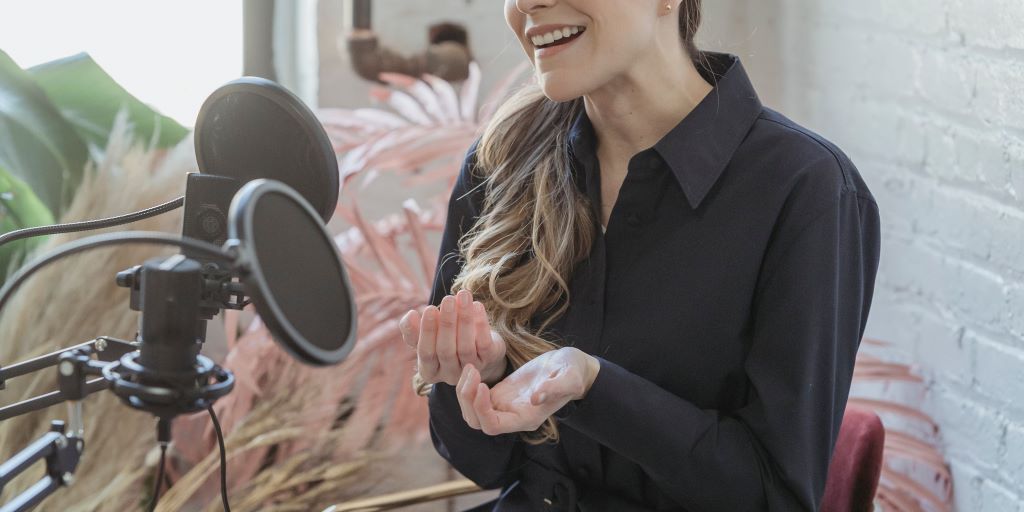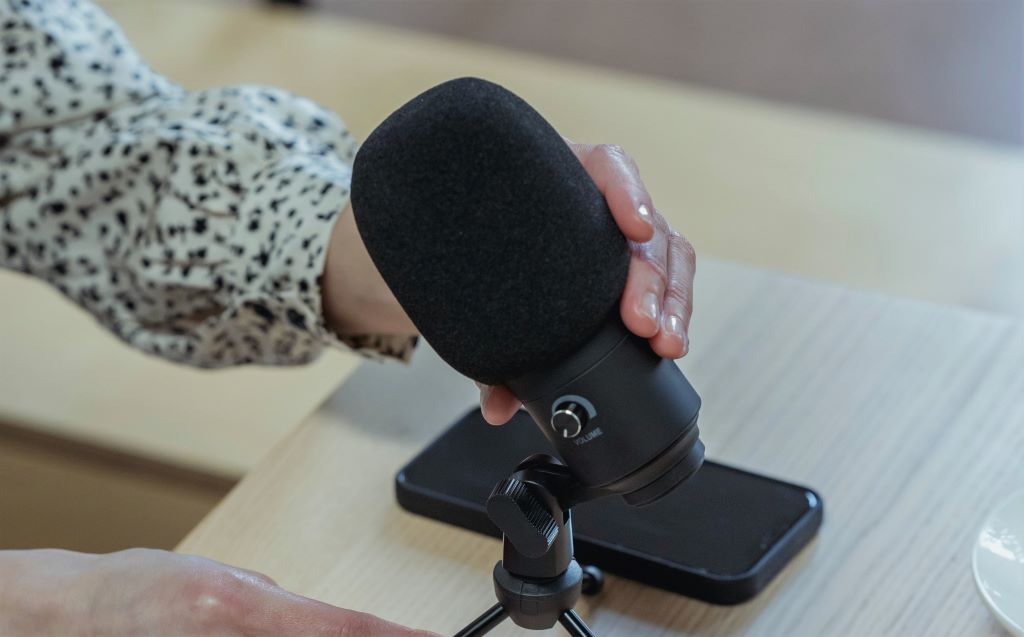Welcome back to another episode of Into The Airbnb, where we talk with Airbnb hosts about their short-term rental experience. Our guest for today is Jason Centeno, an ex Airbnb host from the Philadelphia area, who recently decided to quit Airbnb with his over 20 listings, move to Tampa and take a break from the […]













